Are Pre-Existing Issues Covered with Vehicle Service Contracts?
The Short Answer: Usually, No
Let's cut to the chase. In most cases, vehicle service contracts are designed to cover mechanical breakdowns and failures that occur after the contract is in effect. They're not meant to address pre-existing issues. Think of it like this: you can't buy car insurance after you've already had an accident and expect them to cover the damages. It works the same way with VSCs.
Why Pre-Existing Conditions Are Excluded
There are a few key reasons why VSCs generally exclude pre-existing conditions:
- Predictability for the Provider: VSC companies need to be able to accurately predict the risk they're taking on. Covering problems that already exist makes this nearly impossible.
- Potential for Abuse: Without this exclusion, people could wait until a major problem surfaces and then purchase a VSC specifically to get it fixed, leading to significant financial losses for the provider.
- Fairness to Other Customers: Covering pre-existing conditions would likely drive up the cost of VSCs for everyone, even those with well-maintained vehicles.
Defining "Pre-Existing": When Does an Issue Count?
This is where things can get a little tricky. A pre-existing condition is generally defined as any mechanical or electrical issue that existed before the effective date of your VSC. This includes problems you were aware of, as well as issues that a mechanic could have reasonably detected during a pre-purchase inspection.
Sometimes, it's obvious. If your transmission was slipping badly for weeks before you bought the VSC, that's likely a pre-existing condition. Other times, it's less clear. For example, a small oil leak that gradually worsens after the VSC takes effect might be covered, especially if it wasn't readily apparent beforehand.
The Importance of a Pre-Purchase Inspection
Before you purchase a vehicle service contract, it's absolutely crucial to get a thorough inspection from a trusted mechanic. This inspection can uncover any potential problems that might be considered pre-existing. Document everything! Keep a copy of the inspection report and share it with the VSC provider. This will give you the best chance of avoiding disputes later on.
How VSC Companies Verify Vehicle Condition
VSC companies have various methods for verifying the condition of your vehicle when you file a claim. They might:
- Request Maintenance Records: They'll want to see that you've been keeping up with routine maintenance, as this can affect coverage.
- Conduct an Inspection: They may send an inspector to the repair shop to assess the failed part and determine if the problem existed prior to the contract's effective date.
- Review Diagnostic Reports: Modern vehicles store a wealth of data in their computer systems. These reports can sometimes reveal evidence of pre-existing issues.
What to Do If You Suspect a Pre-Existing Condition
If you suspect that a problem might be considered pre-existing, be upfront with the VSC provider. Don't try to hide anything! Honesty is always the best policy. Provide them with all relevant information, including maintenance records, inspection reports, and any diagnostic data you have. If the problem is genuinely new and unrelated to any prior issues, they're more likely to approve the claim.
Are There Any Exceptions?
While rare, there might be some very specific exceptions to the pre-existing condition exclusion. For example, some VSC providers may offer a limited grace period or a waiting period after the contract takes effect, during which they'll cover certain issues that arise. Always read the fine print carefully and ask questions! Understanding the terms and conditions of your contract is crucial.
Reading the Fine Print: Your VSC Contract is Key
The most important thing you can do is carefully read your vehicle service contract. Pay close attention to the exclusions section, as this will outline exactly what is not covered. If you have any questions, don't hesitate to ask the VSC provider for clarification. It's better to be informed upfront than to be surprised by a denied claim later on.
Conclusion
While vehicle service contracts typically don't cover pre-existing conditions, understanding what constitutes a pre-existing issue and taking proactive steps like getting a pre-purchase inspection can help you avoid potential disputes. Always read your contract thoroughly and ask questions to ensure you're making an informed decision. With the right knowledge and a little due diligence, you can find a VSC that provides the peace of mind you're looking for.Where can I find my VIN?

Related Topics
- Corrosion, Seat Belts, and More: Uncovering the Long-Term, Specialized Coverage of the INFINITI Warranty
- Buying a Pre-Owned Audi? Understanding the Certified Pre-Owned (CPO) Warranty
- Transferring Your Acura Warranty: A Guide for Selling or Trading In Your Vehicle
- The Fine Print: Top 5 Exclusions That Void a Cadillac Warranty Claim

